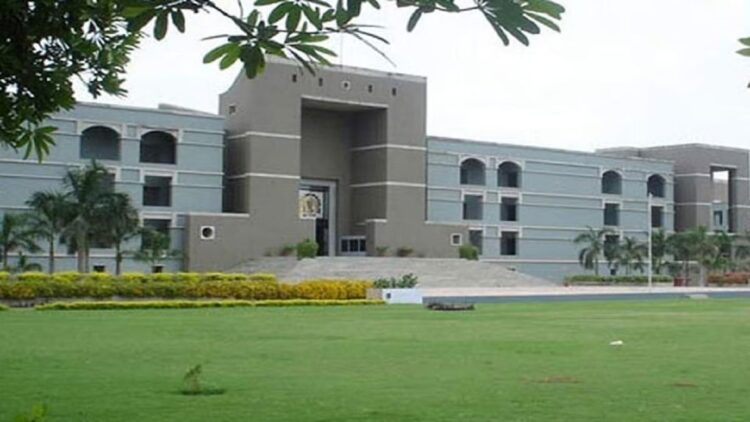The High Court has upheld the decision of the session court in this case.
Ahmedabad: Gujarat High Court has upheld the order of the Sessions Court to acquit 6 people in the murder of 3 British citizens during the 2002 riots after the Godhra train fire. The bench of Justice AY Kogje and Justice Sameer J Dave passed the order on 6 March and it has been recently available. The High Court considered the statements of the witnesses and the investigating officer and found that it did not see any reason to intervene in the decision and order passed by the Principal District and Sessions Judge of Sabarkantha in Himmatnagar on 27 February 2015.
High court said this about the case
The High Court said that the sessions court had considered evidence and FIR before accepting the defense argument that the details given by the accused by the witness was only about its height, clothing and estimated age. The court said, ‘Even in the FIR, no details of the accused were given. Therefore, the session court has concluded that such an identity cannot be the only basis of conviction. In Himmatnagar in Sabarkantha district, the session court dismissed the appeal against the acquittal of the accused, saying that the conclusion of the FSL report on each accused is convicted by being suspicious.
‘Incident took place on 28 February 2002’
Also, the start of investigation was based on an anonymous fax message, not based on the evidence of a witness. The SIT appointed by the Supreme Court had a case against 6 persons Mithanbhai Chandu alias Prahlad Patel, Ramesh Patel, Manoj Patel, Rajesh Patel and Kalabhai Patel to kill 3 British citizens who visited India in 2002. According to complainant Imran Mohammad Salim Dawood, the incident took place on February 28, 2002 when he and his 2 relatives Saeed Safiq Dawood and Sakil Abdul Hai Dawood, and another person Mohammad Nallabhai Abdulbhai Aswar (all British citizens), were coming back from the car after completing his visit to Agra and Jaipur with his driver Yusuf.
‘The mob attacked the car’
According to Dawood, during the return, around 6 pm, the mob stopped his car and attacked him. According to the complainant, when they were trying to escape, the mob attacked Aswar and the local driver and set their car on fire. According to him, the driver died on the spot, while Aswar was declared dead in the hospital. The complainant’s relatives Saeed Safiq Dawood and Sakil Abdul Hai Dawood also died later. Subsequently, his relatives from Britain visited the place where the vehicle was burnt with the then British Deputy-Fourteen and the police stations of the Pratim police station.
This claim was made in ‘anonymous fax’
Small pieces of bones were found on the spot, which were sent to the British sub-e-U-Utayog in Mumbai and the forensic lab in Hyderabad. The then British Deputy Commissioner received an ‘anonymous fax’ on 24 March 2002, in which a man named Praveenbhai Javabhai Patel was said to be involved in the ’50 -100 people’ crowd, who reportedly killed the complainant’s relatives. The then British Deputy Commissioner wrote a letter to the then DGP of Gujarat to investigate the murder of relatives of the appellant. Subsequently, in 2003, the Supreme Court directed the Gujarat government to set up a SIT in 9 riots cases of 2002, including the case. (Language)









